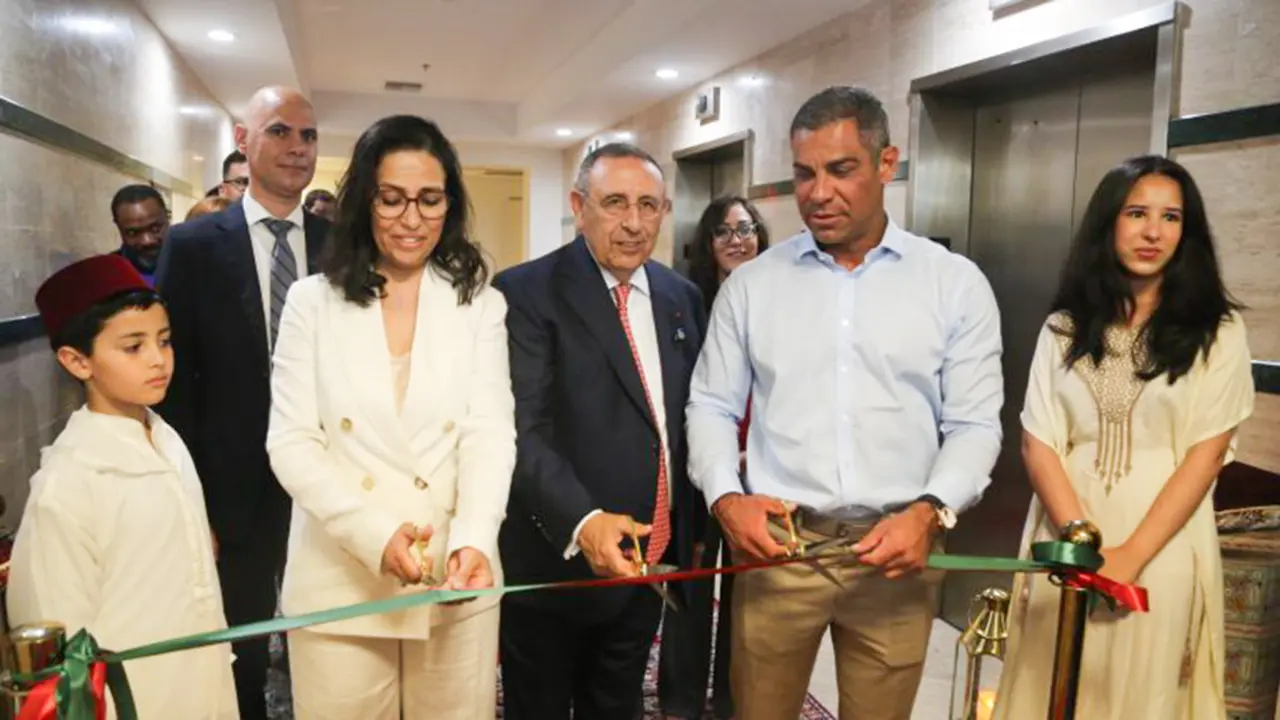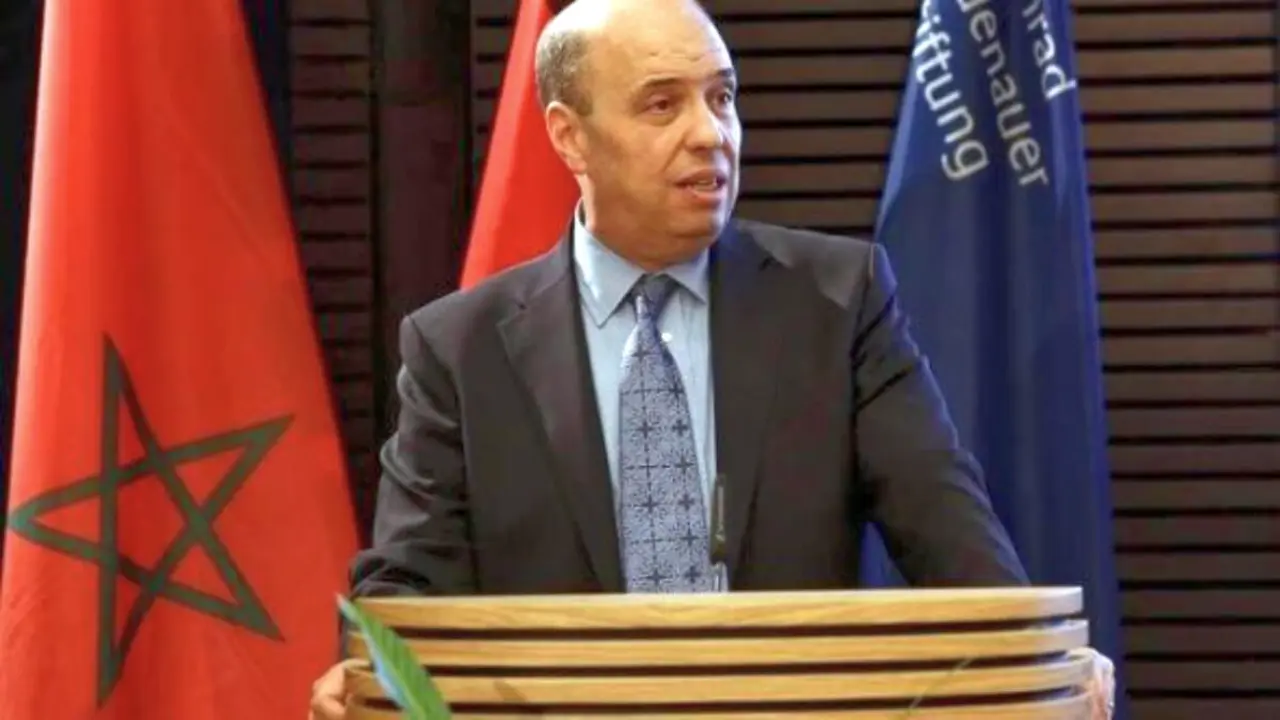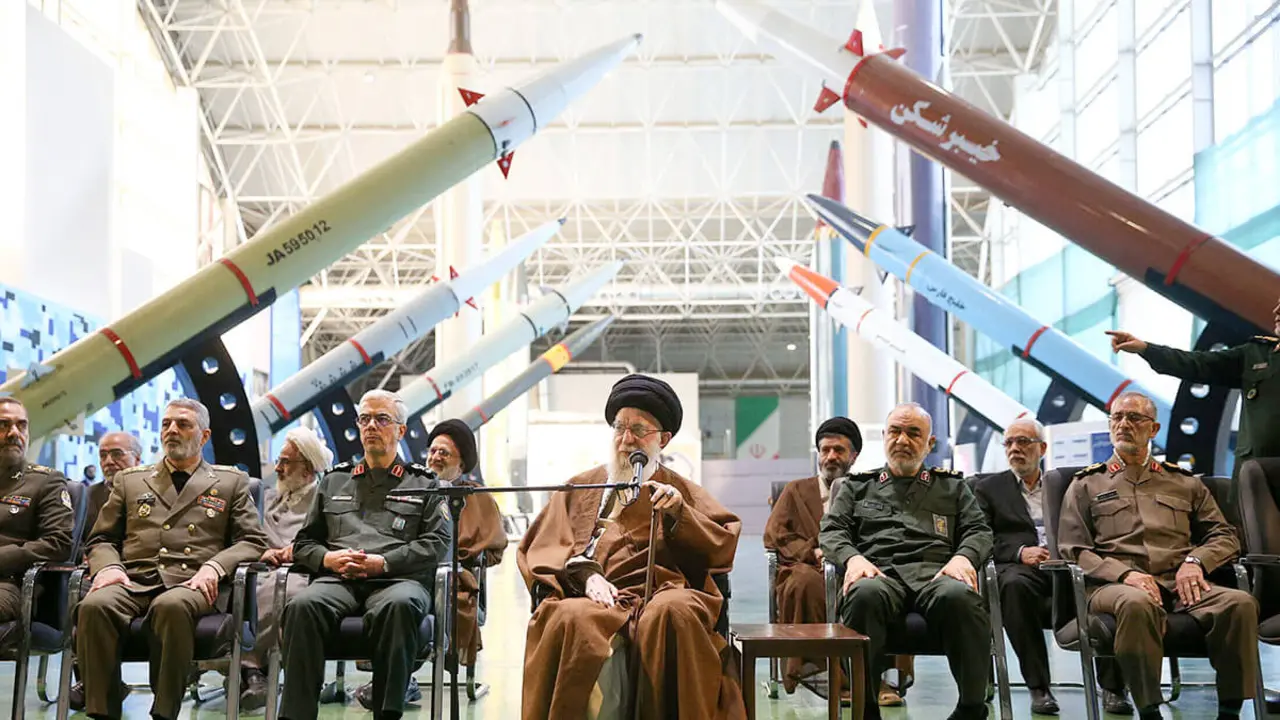Al-Jazeera's controversial view on Nawal El Saadawi
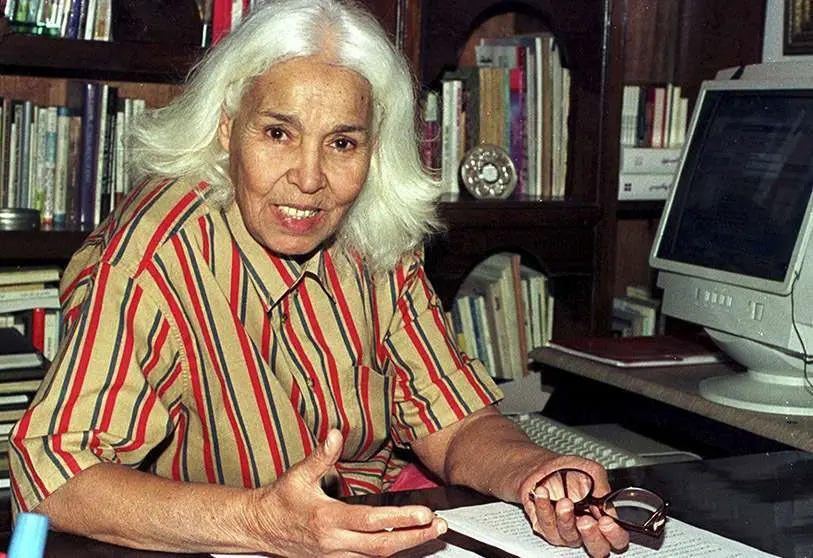
Since its inception in 1996, Al-Jazeera has steadily established itself as the media powerhouse of the Middle East, and its methods and style are regarded as standard by its competitors. The problem is that the content of Al-Jazeera's English-language site differs, sometimes radically, from that of the Arabic-language version. One example has been the network's treatment of the death of Egyptian writer, feminist activist and doctor Nawal El Saadawi, a leading figure in women's emancipation in the Arab world, following her death on 21 March.
Al-Jazeera's Arabic and English-language Twitter accounts tell two very different stories about the passing of Egyptian women's rights pioneer Nawal El Saadawi.
"She attacked religions, demanded the legalisation of prostitution and questioned the Koran. Death takes controversial novelist Nawal El Saadawi after 90 years of counter-cultural ideas," read a tweet from the Al-Jazeera Arabic account, which included a controversial video about the Egyptian writer.
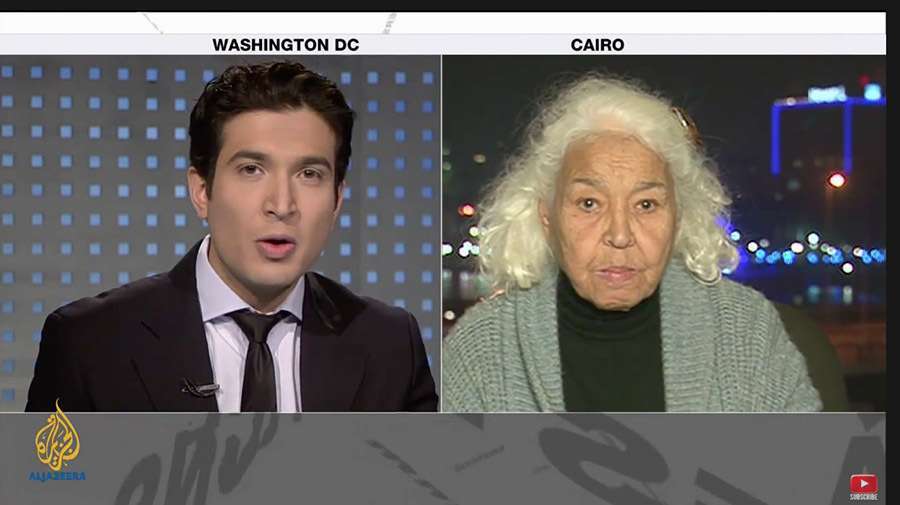
Since the launch of its English-language channel in 2006, the station has been criticised for offering two very different, and often contradictory, narratives compared to its Arabic-language sister channel, which was launched in 1996. Most of the time, Al-Jazeera English ignores what is broadcast on the Arabic channel and the digital edition.
"Al-Jazeera has two faces, and perhaps more, this is evident in the case of Nawal El Saadawi when it depicts her in its English version addressing the West and the world as a fighter for women's rights and feminism, singing her praises and extolling her. In its Arabic version, which represents the ideological platform of many groups that appeal to extremism, intolerance and hatred, Nawal El Saadawi was a misrepresenter, a traitor who attacks religions," Hani Naseira, an Egyptian journalist and expert on media and extremism, told Arab News.
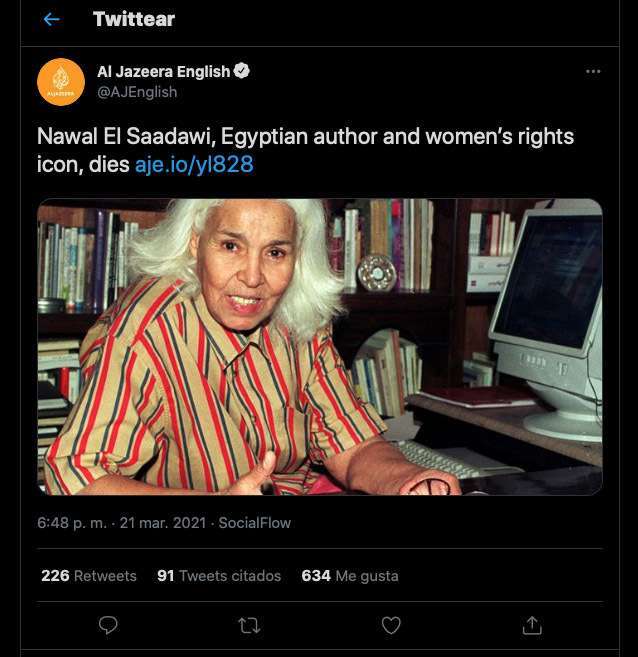
Al-Jazeera English differs from its Arabic counterpart in several ways. While the Arabic website reflects Qatar's regional interests, the English site has a more internationalist bent in its reporting. Al-Jazeera English reports on many issues that are largely absent from the Arabic site.
Al-Jazeera Arabic, by contrast, has much less freedom to report on regional developments - including Qatar - than the English site. Very little criticism of the regional climate and political settlements can be found in Arabic. Other aspects of Al-Jazeera's Arabic-language coverage are also often toned down, resulting in under-reporting of some developments.
Born in a particular national and regional context, the Qatari channel has consistently pushed the boundaries of public debate in the region, thus forcing the rest of the pan-Arab industry to follow suit in terms of liberating media discourse. Al-Jazeera seems to have taken on the ambiguous mission of becoming a catalyst for political reform in the Arab world.
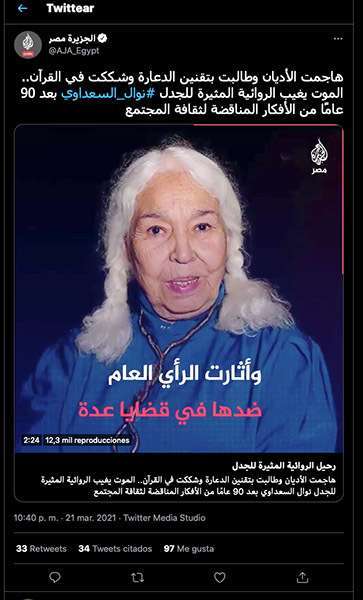
Initially hailed as such after the popular uprisings of 2011, the channel is today criticised for the thinly disguised politicisation of its editorial line, and accused of being in reality only a vehicle for Qatar's geopolitical ambitions.
This ambivalent relationship between Al-Jazeera and its audience highlights the deep contradictions that structure the Qatari channel - and the Arab media industry in general - torn between promises of democratisation and the strategic protection of political interests.
Certainly Al-Jazeera in English, whose editorial line is less exalted in the defence of Arab causes than its big sister, since its inception 20 years ago, has been the voice of the Arab people. Before Al-Jazeera, the Arab world was not represented in the media or in international journalism.
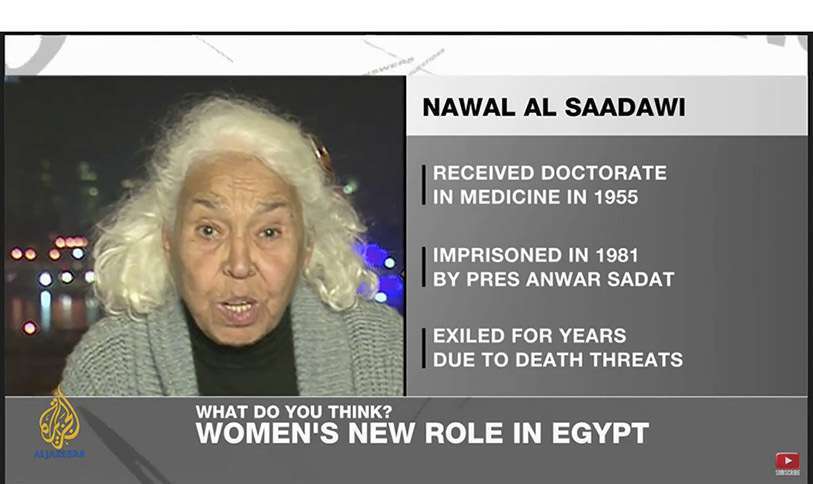
This vision comes at a particularly controversial time, as the network, widely followed in the Arab world, is giving its editorial line an increasingly Islamist slant to its coverage of current affairs in the Middle East.
In terms of the challenge for the network, which has built its credibility on its political independence, the change should have been imperceptible. But the all-too-obvious loss of neutrality seems to have irreparably compromised Al-Jazeera's name in the eyes of the Arab world's audience.



